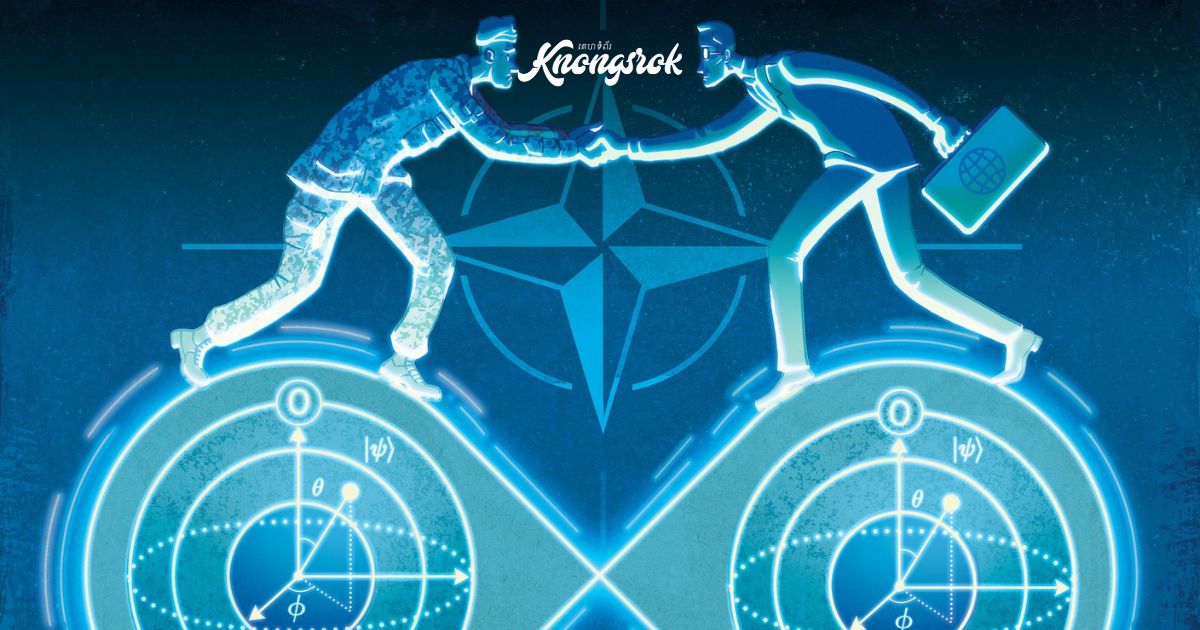Why You Feel Lost in Life & What to Do About It
Why You Feel Lost in Life & What to Do About It
Feeling lost in life is a common experience that can stem from various sources, such as personal dissatisfaction, lack of direction, or significant life changes. Understanding the root causes of these feelings and taking proactive steps can help you regain a sense of purpose and direction. Here’s a guide to help you navigate these feelings and find your way:
1. Identify the Root Causes
Common Reasons for Feeling Lost:
•Lack of Direction: Uncertainty about future goals or life path can create feelings of being lost.
•Unfulfilled Expectations: Discrepancies between your current reality and your expectations or dreams can lead to dissatisfaction.
•Major Life Changes: Events such as a career change, relationship shifts, or loss can disrupt your sense of stability.
•Lack of Purpose: Not having a clear sense of purpose or passion can contribute to feeling aimless.
2. Reflect on Your Feelings
Self-Reflection Techniques:
•Journaling: Write down your thoughts and feelings to gain clarity and identify patterns or triggers for your sense of being lost.
•Meditation: Practice mindfulness or meditation to connect with your inner self and explore your emotions without judgment.
•Seek Feedback: Talk to trusted friends, family, or mentors to gain different perspectives on your situation.
3. Set Personal Goals
Goal Setting Tips:
•Define Your Values: Identify what matters most to you and align your goals with these core values.
•Set SMART Goals: Create Specific, Measurable, Achievable, Relevant, and Time-bound goals to provide clear direction and motivation.
•Break Down Goals: Divide larger goals into smaller, manageable tasks to make progress more attainable and less overwhelming.
4. Explore Your Passions and Interests
Discovering What Inspires You:
•Try New Activities: Experiment with new hobbies, activities, or interests to discover what excites and motivates you.
•Reconnect with Old Interests: Revisit past passions or interests that may have been set aside and see if they still resonate with you.
5. Seek Professional Guidance
When to Consider Professional Help:
•Therapy or Counseling: A mental health professional can help you explore underlying issues, develop coping strategies, and gain perspective on your feelings.
•Life Coaching: A life coach can assist in setting and achieving personal goals, finding direction, and improving overall well-being.
6. Build a Support Network
Connecting with Others:
•Surround Yourself with Positive Influences: Engage with people who uplift and support you, and seek out communities or groups that share your interests.
•Communicate Openly: Share your feelings with trusted friends or family members to gain support and understanding.
7. Practice Self-Care
Taking Care of Yourself:
•Physical Well-Being: Maintain a healthy lifestyle through regular exercise, balanced nutrition, and adequate sleep.
•Emotional Health: Engage in activities that promote relaxation and stress relief, such as hobbies, reading, or spending time in nature.
8. Embrace Change and Flexibility
Adapting to Life’s Ups and Downs:
•Accept Uncertainty: Recognize that feeling lost can be a part of life’s journey and that it’s okay to not have everything figured out.
•Stay Open to New Opportunities: Be open to exploring new paths and opportunities that may arise, even if they deviate from your original plans.
9. Create a Vision for the Future
Building Your Future:
•Visualize Your Ideal Life: Imagine what your ideal life looks like and take steps to align your actions with that vision.
•Develop a Plan: Create a roadmap to achieve your vision, including both short-term and long-term objectives.
10. Stay Patient and Persistent
Navigating the Journey:
•Be Patient: Understand that finding your way and feeling grounded takes time and effort.
•Keep Moving Forward: Even small steps toward your goals can lead to significant progress and help you regain a sense of direction.
Conclusion
Feeling lost in life is a challenge that many people face at different points. By reflecting on your feelings, setting goals, exploring passions, and seeking support, you can navigate this uncertainty and find a renewed sense of purpose and direction. Embrace the journey with patience and openness, and remember that it’s okay to seek help and take time to discover what truly matters to you.














